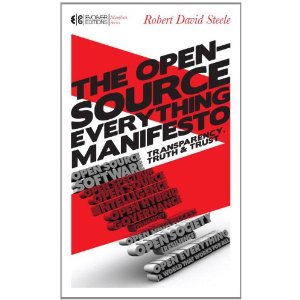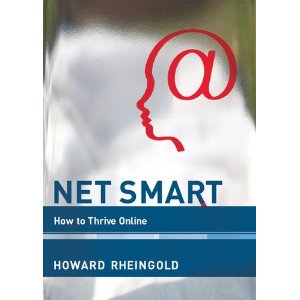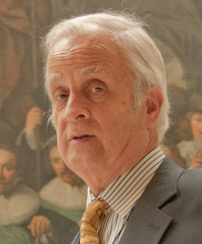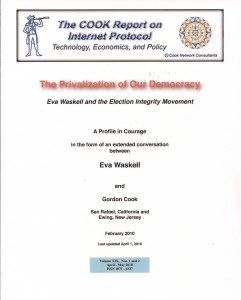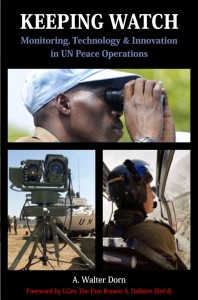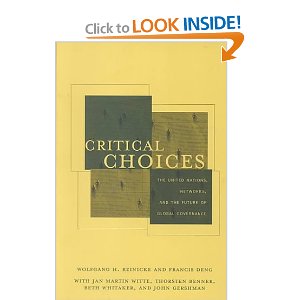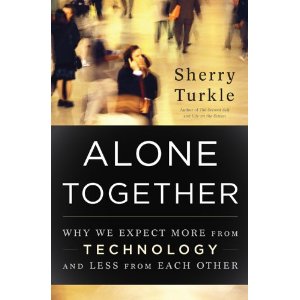
Michael Saylor
4.0 out of 5 stars 5 for Elegant Simplicity, 3 for Dumbed Down,July 12, 2012
For a guy who once said he was worth $600,000 a hour, I was expecting a great deal more. This is a Classic Comic for the masses–now I used to own all of the Classic Comics [for those under 60, these were the Great Books of Western Civilization, in comic book form, all the rage in the 1960's].
The author starts off by saying that everything is becoming software, but there is no mention of Marc Andersson's famous article, “Why Software is Eating the World” (Wall Street Journal, 20 August 2011), and across the book I notice other inconsistencies. I conclude this is a book researched and written by staff to the signed author's general specifications. It is a good outline, and worth reading, but it is also disappointing. This is not the book that Michael Saylor could have and should have written. Having said that, I give the staff high marks for a clean intelligible coherent book good enough for the 80% that do not think about these topics very much.
The central premise of the book is that mobile plus social equals radical change; that application hand-helds (as opposed to cell phones) are hugely disruptive, and that if we have 5.3 billion with phones right now (out of 9 billion plus), imagine what happens when everyone has a cell phone.

